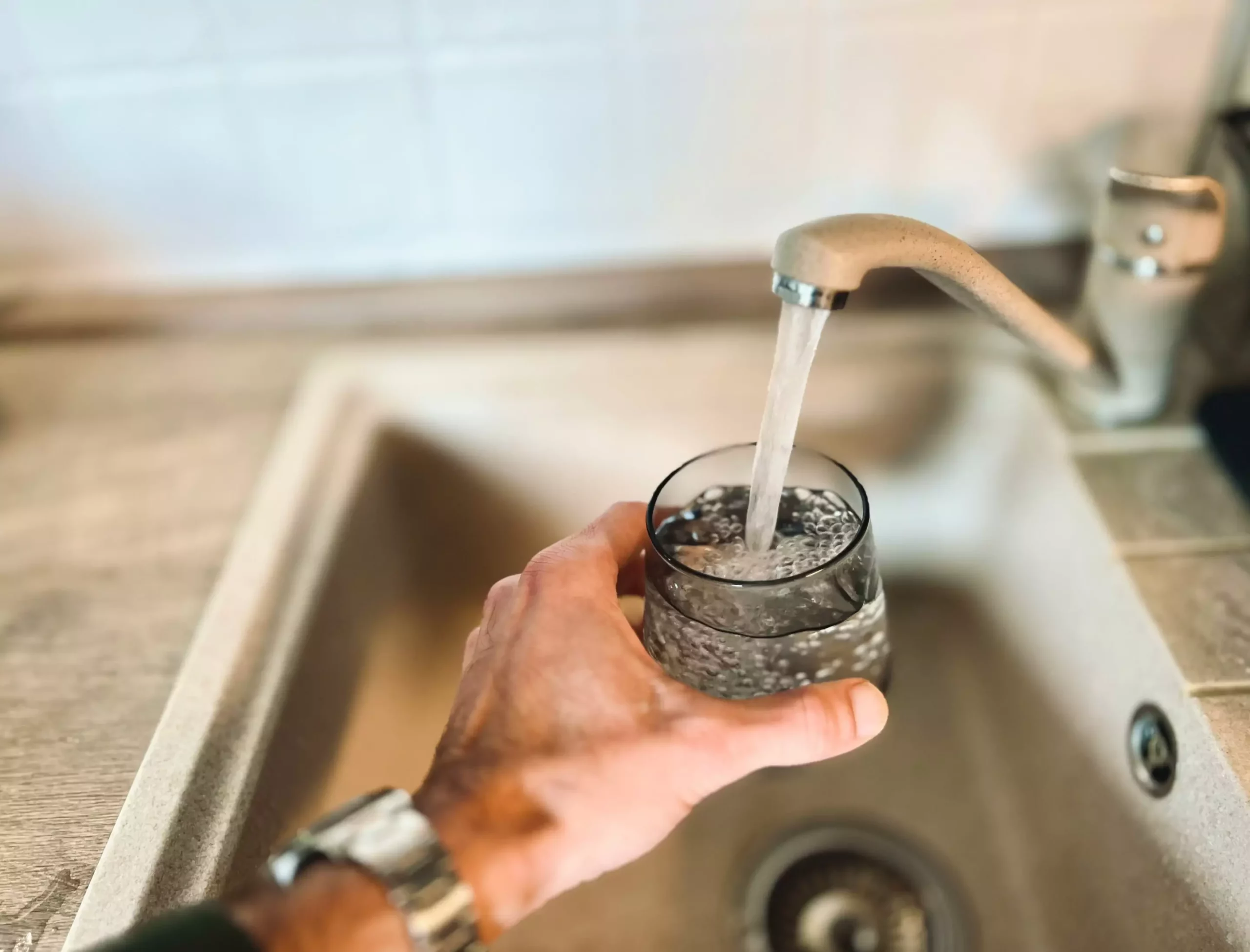In recent years, concerns about the safety of tap water have increased due to reports of lead contamination and other harmful chemicals. This has led to a shift in consumer behavior, with many people opting for filtered or bottled water instead of drinking straight from the tap.
A team of water technicians at SimpleLab conducted a study to compare the chemical levels in different sources of drinking water in the San Francisco Bay area. They collected 100 samples of bottled water, 603 samples of tap water, and 111 samples of filtered tap water using a Brita filter. The results of their analysis revealed that while most water samples met federal drinking water health standards, tap water had higher levels of chemicals compared to filtered and bottled water.
Common Chemicals of Concern
One of the main findings of the study was the presence of trihalomethanes in all three sources of water. Trihalomethanes are released when chlorine is used to disinfect water and have been associated with various health problems such as liver damage, developmental delays, and an increased risk of certain types of cancers. Despite the presence of these chemicals, the researchers emphasize that consuming small amounts of trihalomethanes is not likely to cause harm.
The study concludes that using a filter when drinking tap water can help reduce the levels of harmful chemicals and improve the taste of the water. While the findings are not meant to alarm consumers, they suggest that most individuals would benefit from using a filtration system to ensure the safety and quality of their drinking water. By taking proactive measures to protect their health, consumers can make informed decisions about their water consumption habits.
The research conducted by SimpleLab highlights the importance of monitoring and testing the chemical levels in drinking water sources. By raising awareness about potential health risks and providing practical recommendations for consumers, studies like this can contribute to the ongoing efforts to ensure access to safe and clean drinking water for all. It is essential for individuals to stay informed about the quality of their water supply and take necessary steps to protect their health and well-being.



Leave a Reply